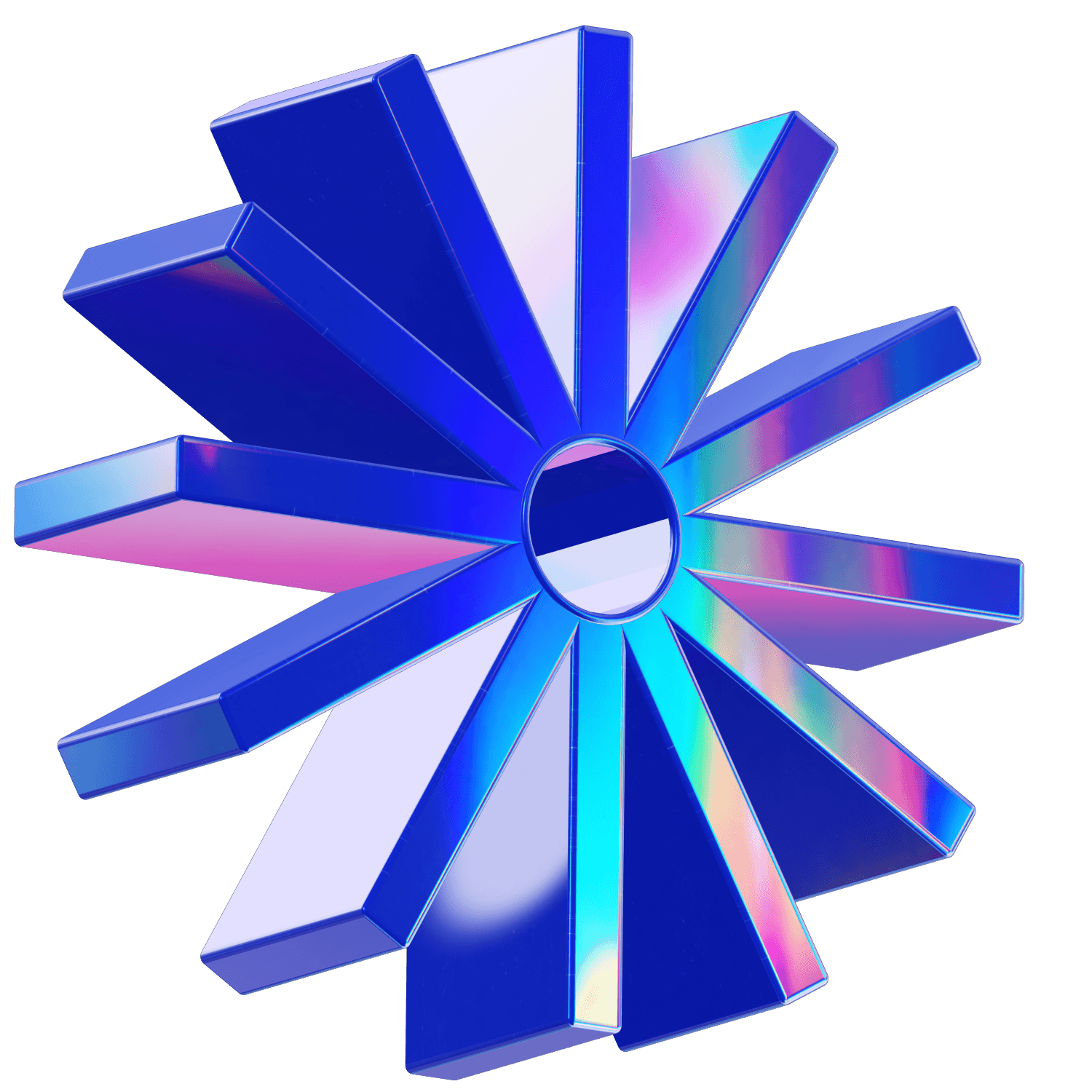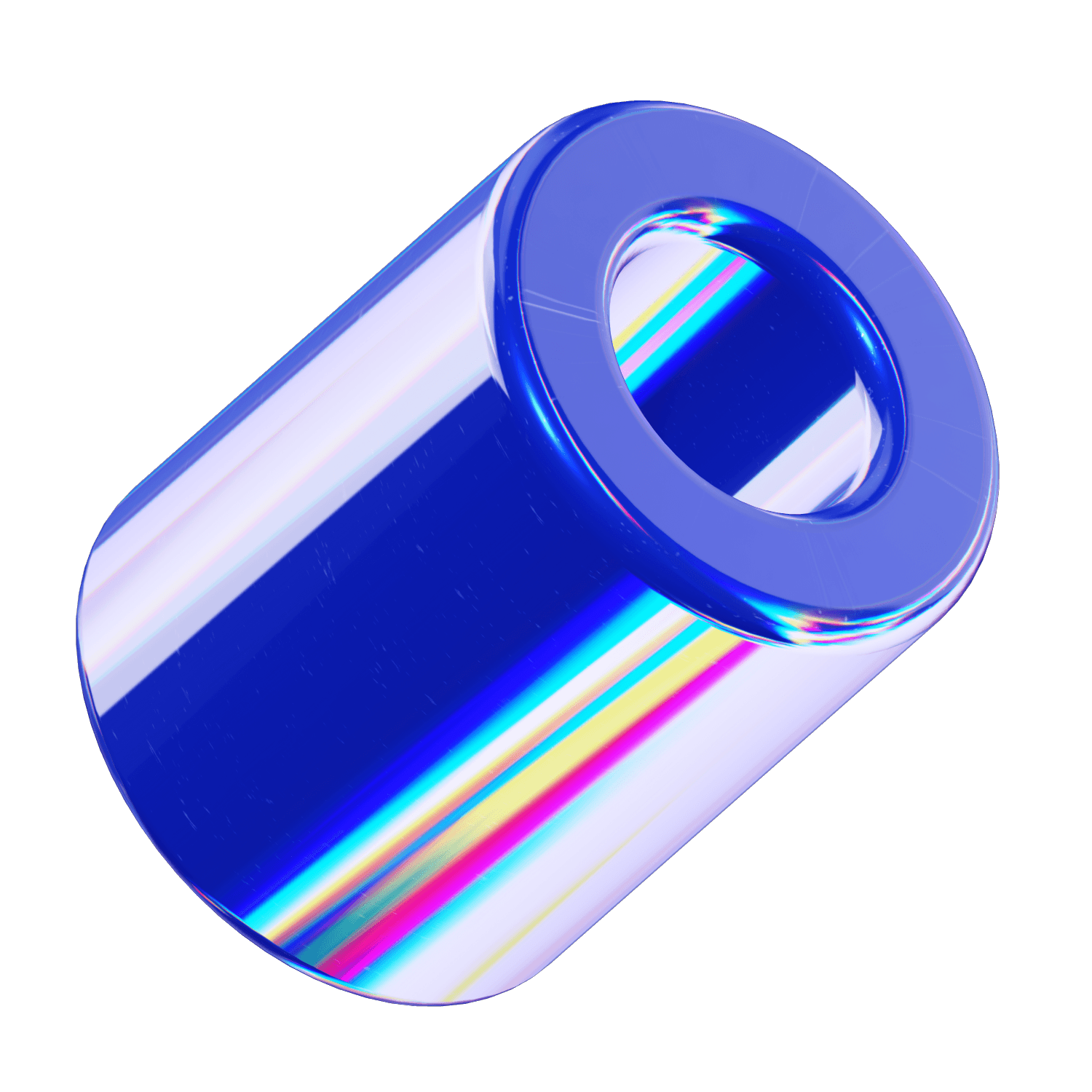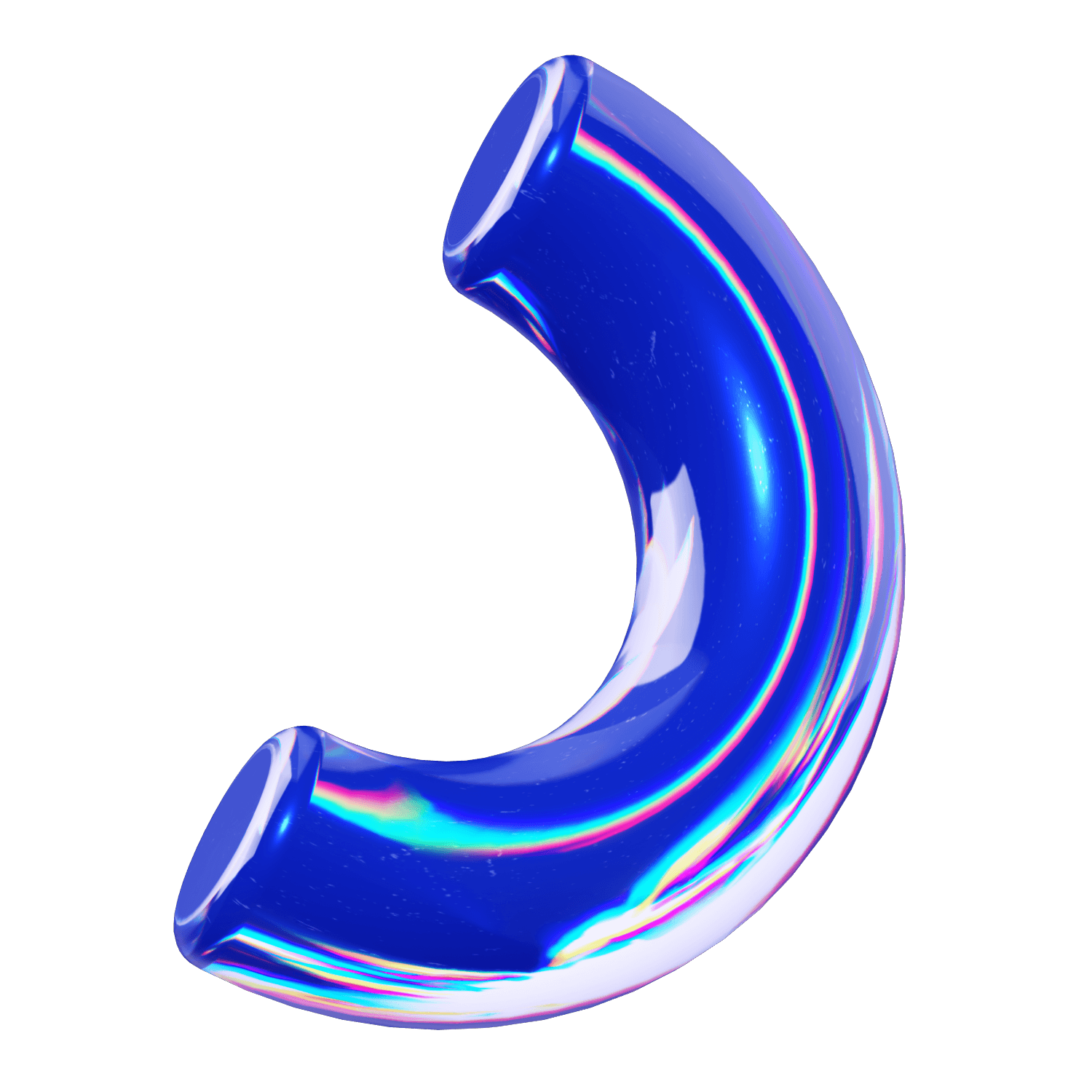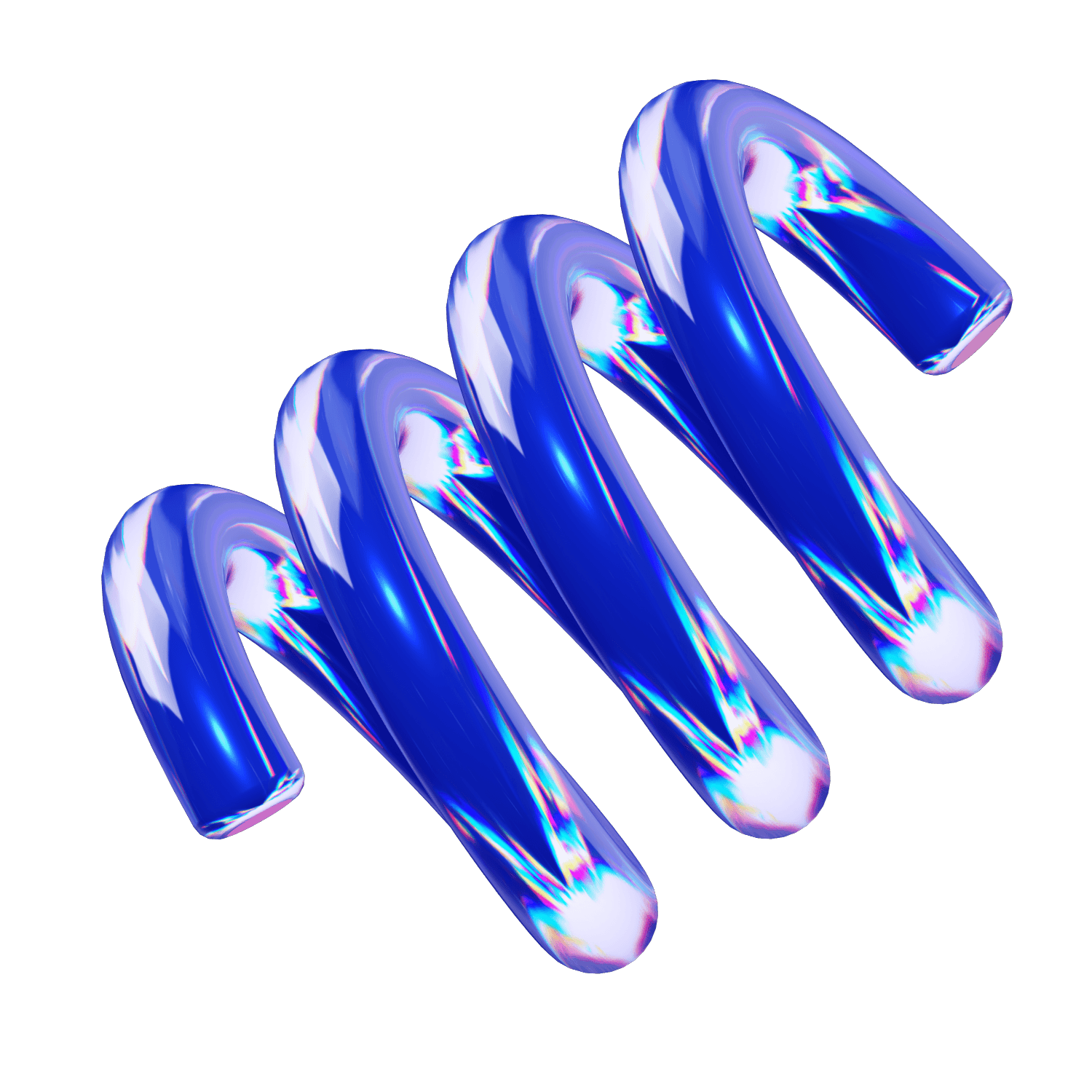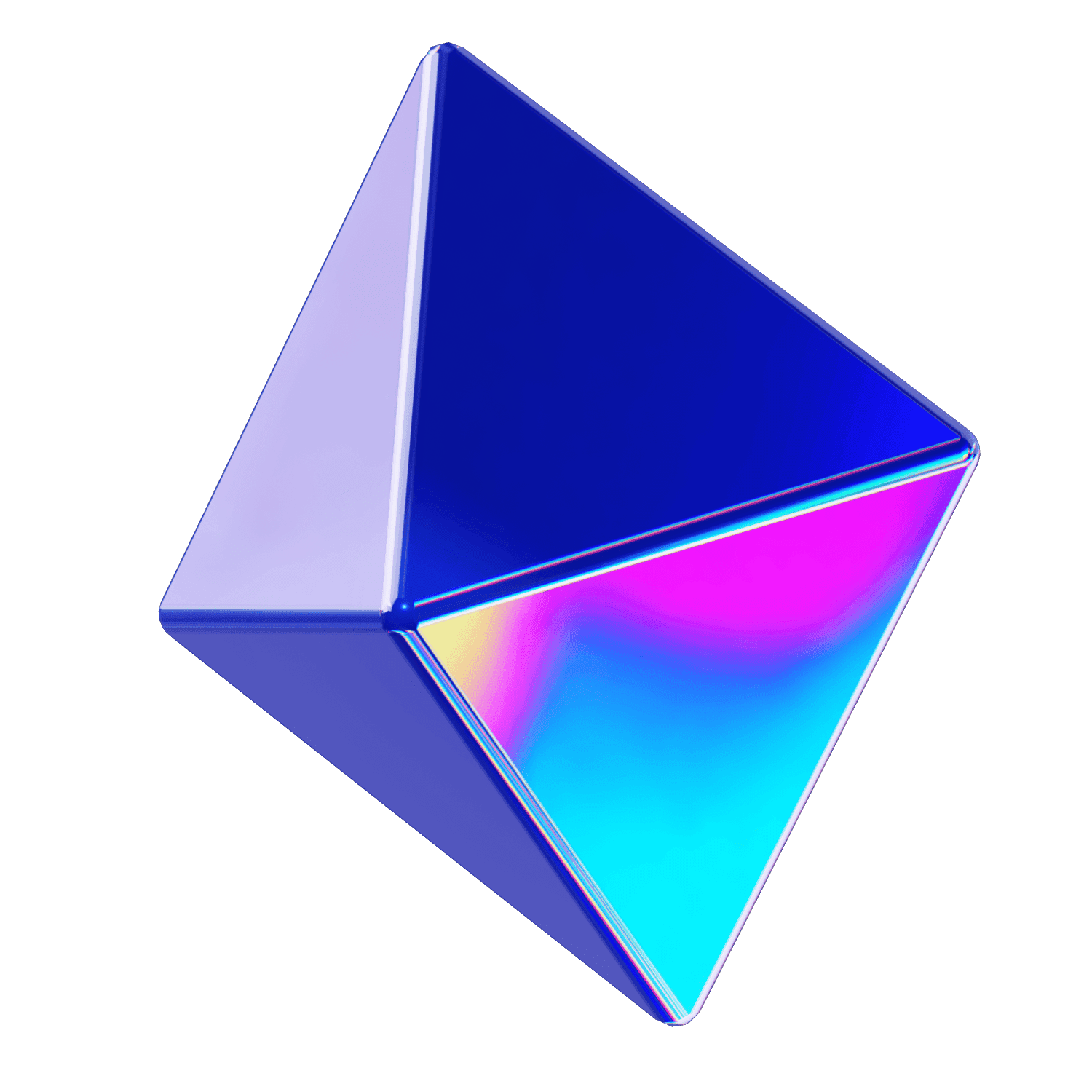How AI Automation Cuts HR Hiring Time by 70% in 2025: 3x Faster Results
TL;DR - Key Takeaways
- Speed Revolution: AI automation reduces hiring time from 45 days to 15 days average
- Cost Impact: 35% reduction in cost-per-hire while improving candidate quality by 28%
- Implementation Timeline: Full AI recruitment system deployed in 3-6 weeks
- ROI Achievement: 300% return on investment within first 6 months of deployment
AI automation in HR reduces hiring time by 70% through automated resume screening, intelligent candidate matching, and streamlined interview scheduling, enabling companies to hire top talent 3x faster than traditional methods.
According to recent industry data from [masterofcode.com](https://masterofcode.com/blog/ai-agents-for-hr), companies implementing AI-powered recruitment tools are cutting screening time by 50-70% while achieving 10% cost savings across their HR operations. Meanwhile, [linkedin.com](https://www.linkedin.com/pulse/genai-hr-slashing-costs-boosting-efficiency-max-blumberg-ja--duade) reports that AI-enhanced candidate matching reduces time-to-hire by 30-50% and cost-per-hire by 20-35%.
HR Automation Reality Check 2025
The Hidden Costs of Traditional HR Processes
Traditional hiring processes are bleeding companies dry through inefficiency. The average enterprise spends 45 days to fill a single position, with recruiters manually screening hundreds of resumes, scheduling countless interviews, and managing complex candidate communications. This manual approach not only delays critical hires but also increases the risk of losing top talent to competitors who move faster. Research from [medium.com](https://medium.com/@pengartorsk/top-ai-automation-platforms-of-2025-the-ultimate-guide-f0814e3d72e3) shows that high-growth enterprises implementing AI automation report cutting manual processing by 80% while achieving unprecedented efficiency gains.
The ripple effects extend beyond recruitment teams. Hiring managers spend excessive time in unproductive interviews with poorly matched candidates, department productivity suffers from prolonged vacancies, and company growth stagnates due to talent acquisition bottlenecks. Meanwhile, candidates abandon lengthy application processes, creating a negative employer brand that further compounds recruitment challenges.
"AI-driven automation is revolutionizing businesses in 2025. By combining artificial intelligence with workflow automation, companies are unlocking unprecedented efficiency, cost savings, and accuracy with 300% ROI on AI automations."
| Traditional HR Process | AI-Powered Automation | Time/Cost Impact |
|---|---|---|
| Manual resume screening (8 hours per position) | AI analyzes 1000+ resumes in minutes, ranks by fit | 95% time reduction |
| Interview scheduling coordination (2-3 days) | Automated calendar sync and candidate communication | Same-day scheduling |
| Candidate communication follow-ups (30% drop-off) | Personalized AI-generated messages and nurturing | 15% candidate retention boost |
| Skills assessment and validation (manual testing) | AI-powered skill matching with competency scoring | 28% improvement in hire quality |
5-Step AI HR Automation Implementation Framework
1 Resume Screening Automation Setup
Deploy AI-powered resume analysis that processes applications in real-time. Configure keyword matching, skills assessment, and experience validation algorithms. According to [masterofcode.com](https://masterofcode.com/blog/ai-agents-for-hr), recruitment automation can cut screening time by 50-70% while identifying relevant skills and summarizing key candidate insights. Set up integration with your existing ATS to ensure seamless workflow. Expected timeline: 1-2 weeks for basic implementation.
2 Intelligent Candidate Matching Engine
Implement machine learning algorithms that analyze job requirements against candidate profiles, considering both hard skills and cultural fit indicators. This system should automatically rank candidates by compatibility score and flag top prospects for priority review. Industry data shows this approach reduces time-to-hire by 30-50% while improving match quality. Configure custom scoring weights based on role criticality and company values. Timeline: 2-3 weeks including testing.
3 Automated Interview Scheduling
Deploy AI scheduling assistants that handle calendar coordination, time zone management, and candidate communication. [enso.bot](https://www.enso.bot/blog/10-ways-ai-agents-save-time-in-daily-business-operations) reports that companies like Atlassian save 10-15 minutes per meeting after implementing AI scheduling tools. Include automated reminder systems and rescheduling capabilities. The system should handle multiple stakeholder calendars and suggest optimal meeting times. Implementation: 1-2 weeks.
4 Personalized Communication Automation
Set up AI-generated personalized messaging for candidate updates, interview invitations, and follow-up communications. The system should maintain consistent brand voice while customizing content based on candidate profile and position details. Include automated rejection emails with constructive feedback and talent pipeline nurturing for future opportunities. Research indicates this reduces candidate drop-off rates by 15% while maintaining positive employer brand perception. Timeline: 1-2 weeks.
5 Analytics and Continuous Optimization
Implement comprehensive tracking for all recruitment metrics including time-to-hire, cost-per-hire, candidate satisfaction, and hire quality indicators. Set up automated reporting dashboards that identify bottlenecks and optimization opportunities. Use A/B testing for different AI configurations to continuously improve performance. Include predictive analytics for workforce planning and talent pipeline forecasting. Full implementation and optimization: 2-3 weeks.
Real-World Transformation: Global Technology Firm
A multinational technology company implemented AI-driven recruitment automation across their global offices. According to [linkedin.com](https://www.linkedin.com/pulse/genai-hr-slashing-costs-boosting-efficiency-max-blumberg-ja--duade), they reduced time-to-hire from 45 to 22 days while improving hire quality by 28%. The system processed over 10,000 applications monthly, automatically screening and ranking candidates while maintaining personalized communication throughout the process.
Frequently Asked Questions
How quickly can AI automation be implemented in existing HR systems?
Most AI HR automation systems can be deployed within 3-6 weeks, depending on complexity and integration requirements. Basic resume screening automation can be operational in 1-2 weeks, while comprehensive systems including scheduling, communication, and analytics typically require 4-6 weeks for full implementation. The key is starting with core functionalities and gradually expanding capabilities based on results and user feedback.
What's the typical ROI timeline for HR automation investments?
Companies typically see positive ROI within 3-6 months of implementation. Initial cost savings come from reduced manual screening time and faster hiring cycles. The 300% ROI reported by high-growth enterprises is usually achieved within the first year through combined benefits of reduced time-to-hire, lower cost-per-hire, improved hire quality, and decreased recruiter workload allowing focus on strategic activities.
Can AI automation handle complex role requirements and cultural fit assessment?
Advanced AI systems excel at analyzing complex role requirements by processing multiple data points including skills, experience, education, and even cultural indicators from candidate profiles and assessment responses. Modern algorithms can identify subtle patterns that indicate cultural fit and long-term success potential. However, human oversight remains crucial for final decision-making, especially for senior or highly specialized positions.
How does AI automation impact candidate experience and employer branding?
Well-implemented AI automation significantly improves candidate experience through faster response times, consistent communication, and personalized interactions. Candidates appreciate quick feedback and transparent process updates. However, maintaining human touchpoints for key interactions and ensuring AI communications feel authentic rather than robotic is essential for positive employer branding and candidate satisfaction.
What are the key metrics to track for measuring AI recruitment success?
Essential metrics include time-to-hire reduction (target: 30-50% improvement), cost-per-hire decrease (target: 20-35% reduction), candidate quality scores, offer acceptance rates, hiring manager satisfaction, and new hire retention rates at 90 days and 1 year. Additionally, track system efficiency metrics like automation rate, candidate drop-off rates, and recruiter time allocation to strategic vs. administrative tasks.
The Future of AI-Powered HR: 2025 and Beyond
The trajectory of HR automation is accelerating rapidly. By late 2025, industry experts predict that 80% of customer service organizations will adopt AI solutions, with HR following a similar adoption curve. The next wave of innovation will focus on predictive analytics for workforce planning, real-time skills gap analysis, and AI-powered career pathing that automatically suggests development opportunities based on market trends and individual performance patterns.
Advanced AI agents will soon handle complex negotiations around salary, benefits, and start dates, while maintaining personalized relationships with candidates throughout multi-month hiring processes. Integration with productivity platforms will enable seamless onboarding experiences where new hires have accounts, equipment, and training schedules automatically configured before their first day. Companies investing in comprehensive AI HR automation now will have significant competitive advantages in talent acquisition and retention as the job market becomes increasingly competitive.
The Bottom Line
AI automation in HR isn't just about speed—it's about competitive survival. Companies hiring 3x faster with better quality candidates will dominate talent markets while their competitors struggle with outdated manual processes.
Ready to transform your recruitment process? Learn how Legety's AI solutions deliver measurable results in weeks, not months.
Recommended for you
From Routine to Results: How AI Bots Free Up 10+ Hours Weekly
Discover how AI automation principles that save 10+ hours weekly in logistics can be applied to HR processes. Learn the fundamental strategies for identifying repetitive tasks and implementing automated solutions that scale across business functions.
More Than a Chatbot: How AI Sales Agents Boost Repeat Purchases by 73%
Explore advanced AI agent capabilities that go beyond basic automation. Understanding how AI agents drive customer engagement provides insights for creating more sophisticated HR automation that enhances candidate experience and relationship building.
How AI Cuts Logistics Costs by 85%: Real Cases from 2025
Learn from real-world case studies showing dramatic cost reductions through AI implementation. These proven methodologies and ROI calculation frameworks can be adapted for measuring and maximizing the financial impact of HR automation initiatives.
Ready to Level UP Your Business with AI?
Don't let your competitors get ahead while you're still handling tasks manually. Our AI agents can streamline your operations in just weeks, not months.
Boost your business
AI-Driven Solutions for Dynamic Small Businesses
Growing your small business in the competitive landscapes of e-commerce, consulting, IT, or the financial sector demands innovative approaches. You need solutions that don't just keep up but set the pace. That's where our AI Agents come in.

